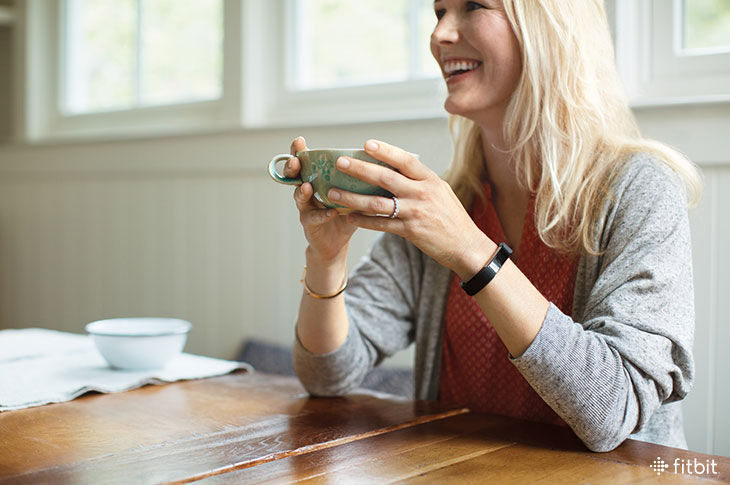
You’ve heard it a thousand times: If you want to stay hydrated, say goodbye to your favorite caffeinated beverages. Then again, emergency rooms aren’t exactly overflowing with cappuccino victims. Now, the latest research might be good news for coffee and tea aficionados.
It’s true that coffee and tea contain a known diuretic, caffeine. So even though you’re drinking and taking in liquids, you’re also peeing more and losing some. But the real question is—how much? As it turns out, despite the small loss, coffee and tea can actually help you meet your fluid needs. According to the Institute of Medicine, these beverages have a pretty mild diuretic effect. So even if your body doesn’t absorb all of the liquid from your latte, you’ll still net the bulk of it. In fact, one recent study found that chugging coffee or tea might even be as hydrating as water.
Plus, there are perks to enjoying coffee and tea. Coffee offers antioxidants that prevent inflammation and magnesium to regulate blood sugar. And you can safely down 400 milligrams of caffeine a day, the equivalent of four small cups of coffee or two tall dark roasts, without harming your health. (Of course, if you’re prone to insomnia or jitters, you might be more comfortable with decaf.) Likewise, tea offers clear benefits: it helps you to feel relaxed but alert, and green tea may help keep your brain sharp, while black tea may help lower blood pressure.
But the larger question is what “counts” toward your daily goals. In the end, staying hydrated isn’t only about water. Lots of different drinks and foods help get the job done. After a long run, knock back a glass of milk or orange juice—both have been found to be superior to a sports drink, because their potassium, natural sugars, and (in the case of milk) sodium and protein help your body hang on to fluids longer. Even beer supplies a little more liquid than it flushes out (although please note, nobody would suggest swigging your favorite lager while running a marathon). The food you eat helps too, delivering 20 percent of your day’s water, so you’re hydrating even when you bite into a fresh salad.
It’s also helpful to keep in mind that your fluid levels rise and fall throughout the day, and minor dips are not a big deal, provided you listen to your body and drink up when you feel thirsty. The key is to learn what works for you, since requirements vary from person to person and climate to climate. Of course, you still want to drink plenty of plain water, but when it comes to your hydration, a cup of coffee or tea can be part of the equation.
The post Does the Water in Coffee and Tea Count? appeared first on Fitbit Blog.
Source: Fitbit Blog
—